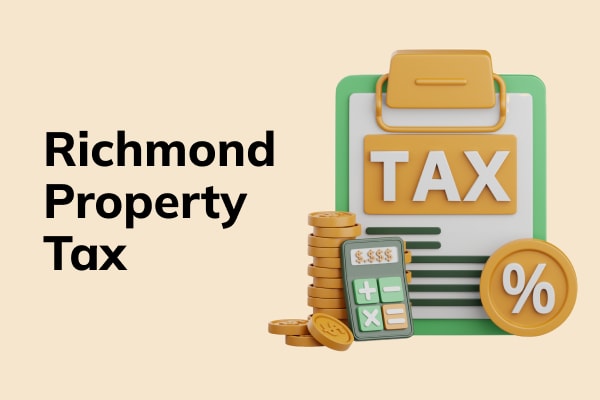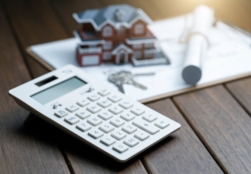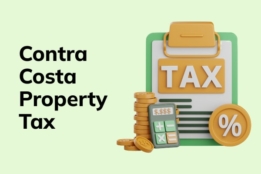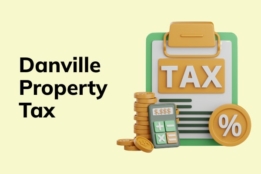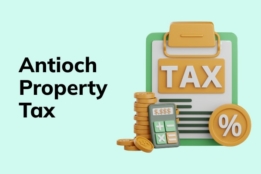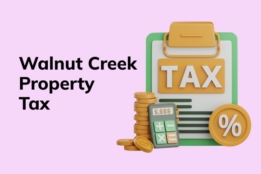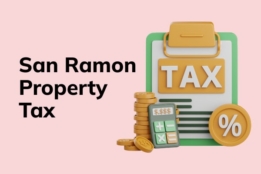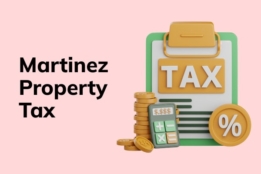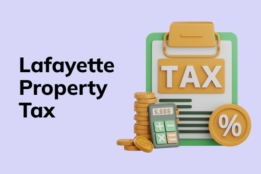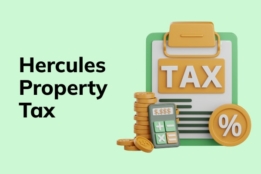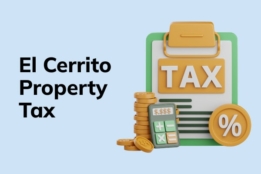Table of content
How Much Are Property Taxes In Richmond?
Property tax in Richmond is based on the assessed value of a property. In 2022, the tax rate for the city was set at 1.11% of the full value of a property. This means property owners were taxed $11.10 for every $1,000 of assessed value. This is subject to change in the future.
Property tax rates are determined based on the needs of the area. As the money from this tax is used to fund various public projects like schools, a budget is determined. Property tax is then calculated based on average property values and the amount required to meet the budgetary needs of the local public projects it funds.
Richmond property tax rates are comparatively high in the state of California, but in line with the rest of Contra Costa County.
- The average rate for the state is 0.71%
- In Contra Costa, the ad valorem rate is 1% but the average rate is 1.11%
Richmond is becoming an affluent area with surging house prices amid high demand for the quality of life the city offers. This is causing the average property tax rate to slowly decrease. In 2018, the tax rate was a little higher, so the current rate is a good opportunity for moving into the area. However, it amounts to a similar cost as before, since real estate values in the city have increased so much. We have seen home values rise around 22% compared to this time last year.
How To Calculate Property Taxes In Richmond?
The formula to calculate Richmond property tax is a complex one. It is made up of numerous components that are relatively simple, but together they amount to a complicated whole. Essentially, the local government must establish the amount of money required to fund all the local agencies that depend on the money. This forms the basis of calculations for property tax, based on average home values, being fair to residents and not exceeding state-wide limitations.
The assessed value of a property is pivotal to the amount of tax the homeowner will pay. A tax rate close to 1% will be a lot more money for a home valued at $900,000 than for one valued at $300,000.
The following are key criteria for assessing property values:
- They type of property it is
- The assessed value of similar properties in the neighborhood
- Specific features of the property like an extension or a pool
The assessed value of a property is subject to certain limitations. For example, it cannot go up by more than 2% in a single year, unless there is construction on the property or it changes hands. As such, assessed values for property tax are often different to actual market values.
Let’s say a single-family home with a pool was bought for $550,000 in 2021. House prices have surged over 20% since then in Richmond, but only 2 years have passed, so the appraisal for property tax cannot raise it by more than 4%. To determine the value, other single-family homes with pools will be examined in the neighborhood. The final assessed value will be based on how those other properties changed, working within the limitations of the law.
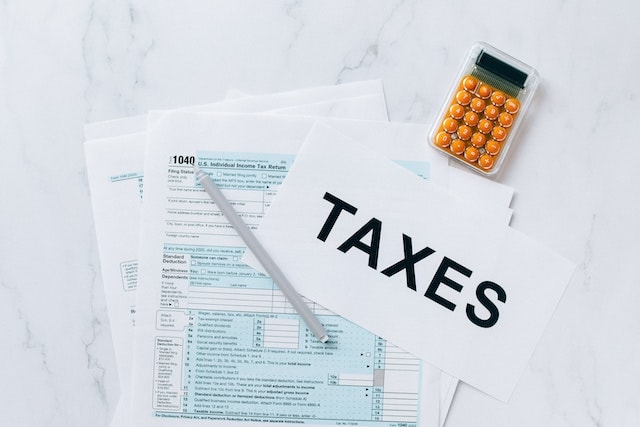
How To Pay Your Richmond Property Taxes?
It is the responsibility of property owners to ensure that they receive their tax bills and make their payments on time. Not receiving a tax bill is not an excuse for failure to pay, so chase up your bill if you don’t receive it.
There are various payment options for property tax in Richmond:
- Pay by check at the drop-off box in the Municipal Offices
- Pay at the bank via ATM
- Pay by check via the mail
- Make an electronic payment using internet banking
- Attend in-person to pay by cash, check, money order or debit card
- Set up a pre-authorized debit plan
- Pay by credit card
No matter which payment type you choose, you will need your account number. This can be found on your bill. Instructions are included with your bill so you can make your payment using your chosen method. Please note that credit card payments will include a service fee of 2.5% up to a maximum of $10,000 per payment.
Richmond Property Tax Due Dates
In the city of Richmond, residents will have their Property Tax Bills mailed by the end of November. Any mortgage and trust companies that pay property tax will receive their bills directly. If you do not receive your Interim Tax Bill by the end of November, you should call to chase it up.
Your property tax due dates will be included on your bill. Interim Taxes must be paid in 2 installments. The first is due on November 1st and becomes delinquent from December 10th, and the 2nd is due on February 1st and becomes delinquent on April 10th. If you have a pre-authorized debit plan set up, withdrawals will occur on the 1st of the month during ntthis period.
If you miss the deadline for any of your payments, you will be subject to penalties.
What Happens If Your Payment Is Late?
There is no grace period for failing to make your property tax payments on time. A penalty for delinquency will be added to your bill at a rate of 1.25% on the first day of default. Additionally,there will be interest added to unpaid taxes at a rate of 1.25% on the 1st of every month until the full balance is paid off. This policy applies to all tax accounts in the interests of fairness.
Please note that overdue notices will also incur a fee of $8.75 to cover the cost of administration.
How To Lower Your Tax Liability
Certain property types are able to access property tax deductions and exemptions in Richmond. For one thing, property tax can be deducted from your federal income taxes up to a maximum of $10,000. There is also the homeowners property tax exemption – more on that later.
Special exemptions are another thing to be aware of. Certain types of properties and individuals may qualify for property tax exemptions. These include:
- Non-profit, religious or government properties
- Senior citizens
- Veterans
- People on low incomes
- Disabled people
There are exemptions in place for all these property types and individuals. If you meet the criteria, you could qualify to be partially or completely exempt from paying property tax. If you have any questions about this, contact the Municipal Offices for advice. You could also consult a tax advisor.
You could reduce your tax liability by challenging your home valuation if you feel you have grounds to do so. Take it up with the country assessor and, if you still aren’t happy, you can make an apparel between July 2nd and November 30th. These challenges are not guaranteed to succeed and it may end up costing you more if it fails. Seek advice before making a challenge. If successful, you may be able to reduce your overall property tax bill.

What Is Homeowners Property Tax Exemption?
The homeowners property tax exemption is also known as the homestead limited exemption. It is available to people who own and occupy their property. Essentially, it is an exemption you apply for that lowers the equalized value of your property for tax purposes. It can reduce the recorded value of your property by a maximum of $7,000, meaning your property tax liability will decrease by up to $70. This is because that tax is calculated based on an appraisal of your property’s value.
To qualify for the exemption, you need to own your home and live in it. Thus, the exemption is not available to landlords. You will usually receive the paperwork to apply for the exemption when you buy a new home. You can also apply for it further down the line.
Frequently Asked Questions
How Much Are Property Taxes In Richmond?
From April 2023, property taxes in Richmond will be around 1.11% of the value of your home. You may be able to lower this figure if you qualify for any exemptions.
How To Pay Your Richmond Property Taxes
You can pay your property tax bill online, in-person, over the phone or at an ATM. You can also set up a pre-authorized debit arrangement to pay it automatically.
What Happens If Your Payment Is Late?
Late payment will result in penalties. Your tax bill will increase by 1.25% the day after the payment deadline. A monthly interest rate of 1.25% will also apply until the bill is paid in full.
